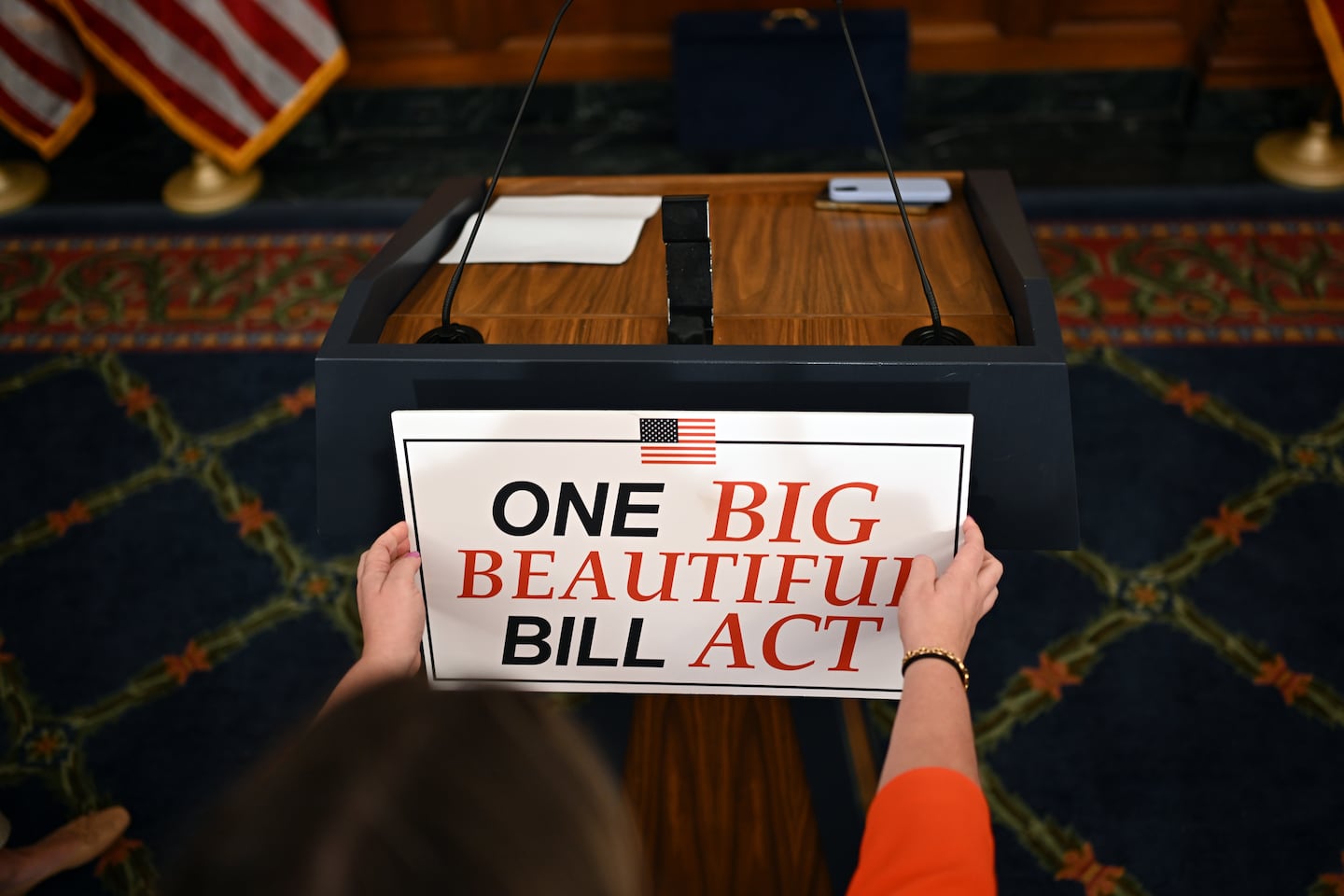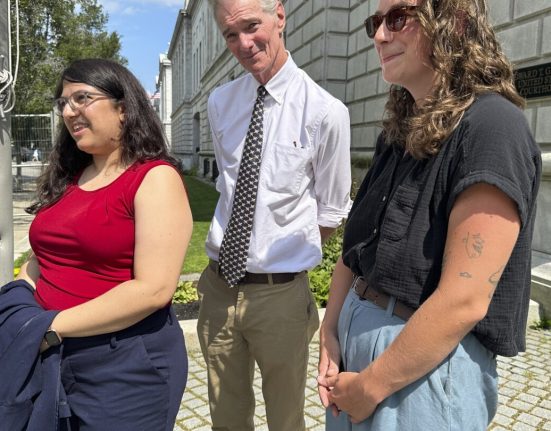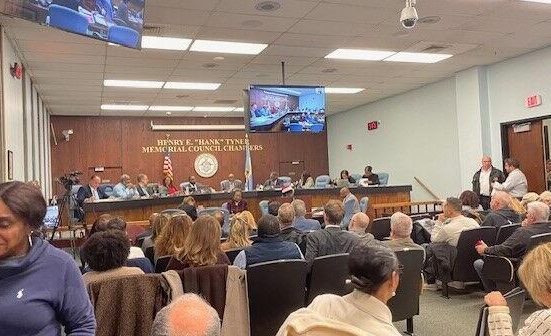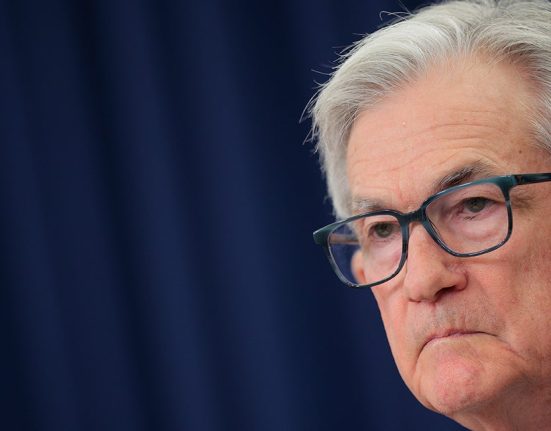It’s the second stretch this spring that stocks and bonds, along with the dollar, have slumped in sync — a rare trifecta we last saw in April when Trump’s tariffs spooked investors.
“They were getting yippy,” Trump said of investors as he explained his decision last month to delay so-called reciprocal tariffs, a move that temporarily calmed markets.
This week’s jitters stem not from tariffs, but from the president’s “One, Big, Beautiful Bill” — yes, that’s the official name — a dizzying combination of tax breaks, cuts to Medicaid and other safety-net programs, and spending increases for defense and border security.
A few provisions carry particular weight in Massachusetts and are worth watching as the legislation moves to the Senate, where it faces significant changes.
On the plus side: a large boost to the amount of state and local taxes that can be deducted from your federal tax bill. Republicans in high-tax states like New York fought hard for the increase.
On the negative side: a sharp increase in taxes on wealthy college and university endowments, including Harvard, MIT, and Amherst College.
The legislation also would add more than $2 trillion to the already massive US debt over 10 years, according to a projection made by the nonpartisan Congressional Budget Office before House Republican leaders agreed to last-minute changes Wednesday to win the support of party holdouts.
That forecast reignited long-standing concerns on Wall Street — and among Republican fiscal hawks — that runaway federal spending will drive up borrowing costs for everyone, not just the government.
“The bill spends far too much money on political gimmicks and carveouts, resulting in a package that provides a modest boost to the economy but at a huge fiscal cost,” the right-leaning Tax Foundation said earlier this week in an analysis of the bill.
While debt anxiety tends to come and go, a broader consensus is forming that the United States is about to cross a fiscal Rubicon. Last week, Moody’s Investors Service downgraded US debt — making it the last of the three major rating agencies to strip the government of its triple-A credit score.
“Successive US administrations and Congress have failed to agree on measures to reverse the trend of large annual fiscal deficits and growing interest costs,” Moody’s said.
The US spent $579 billion on interest payments in the fiscal year through April, more than on Medicare or defense. Those payments will rise to 18.4 percent of federal revenues by the end of 2025, exceeding the previous high set in 1991, the CBO projects.
The House bill has something for everyone to love — and hate. That’s because Republicans are trying to square two conflicting goals: contain spending while delivering on Trump’s expensive campaign promises. What emerged is a package that, in typical GOP fashion, benefits the wealthy more than it helps the poor. Consider these key provisions:
For individuals: The bill makes Trump’s 2017 tax cuts permanent and throws in new breaks — tips and overtime would be tax-free, and the cap on state and local tax deductions would rise to $40,000 from $10,000 for households earning under $500,000. That’s a nod to GOP lawmakers in high-tax states like New York and California, who’ve been begging for relief, but is welcome news here, too.
For businesses: Partnerships and S corporations would get a bigger tax break, and companies could immediately deduct the cost of domestic R&D and machinery — but only through 2028 to limit the hit to the deficit.
Safety-net cuts: Medicaid spending would be reduced by $700 billion through tougher work requirements, a move the CBO estimates would leave at least 7.6 million people without coverage. The Supplemental Nutrition and Assistance Program would save $267 billion by requiring adults to work until they are 64 (up from 54 currently).
Defense and immigration spending: The bill sets aside $185 billion in new money for border security and deportations, and nearly $150 billion more for the Pentagon — including $25 billion for Trump’s “Golden Dome” missile defense system.
Clean energy: And in blow to one of Joe Biden’s major initiatives, the bill pulls the plug on clean energy tax credits, including subsidies for US-made electric vehicles.
Trump’s tariff war has investors reassessing their US investments. A renewed focus on deficits will only deepen their concern.
“Combined with Congress’ periodic flirtations with government shutdowns and possible debt defaults, the US could see further downgrades in its credit rating just as international investors’ appetite for US risk assets has been dented by the White House’s erratic tariff war,” said Brett House, an economics professor at Columbia Business School.
Wall Street normally cheers tax cuts. But in Trump’s Washington, all bets are off.
Larry Edelman can be reached at larry.edelman@globe.com.







